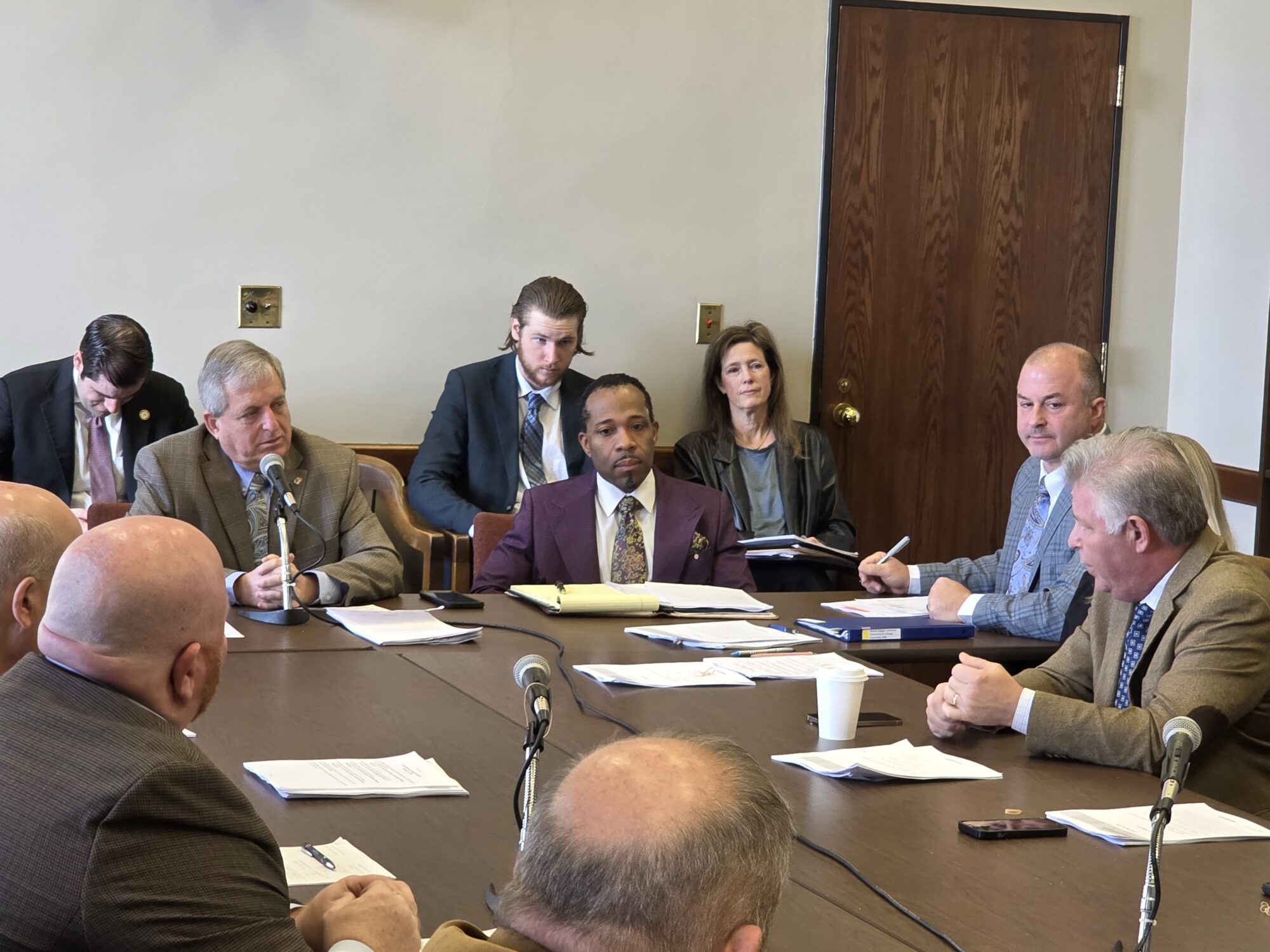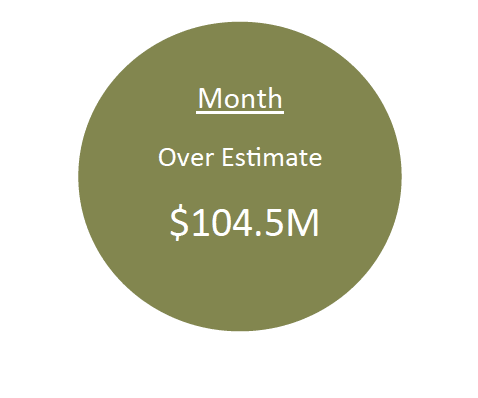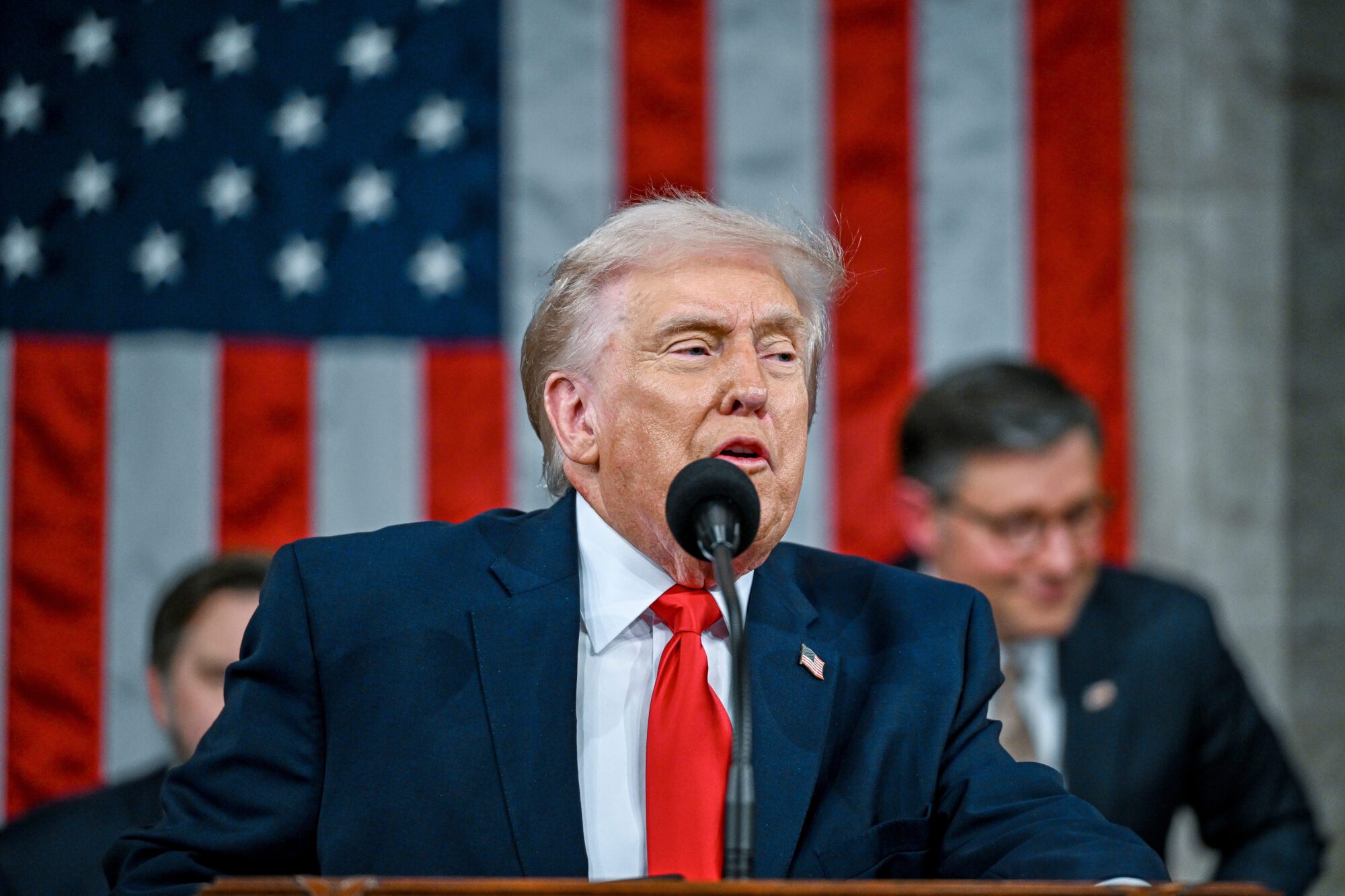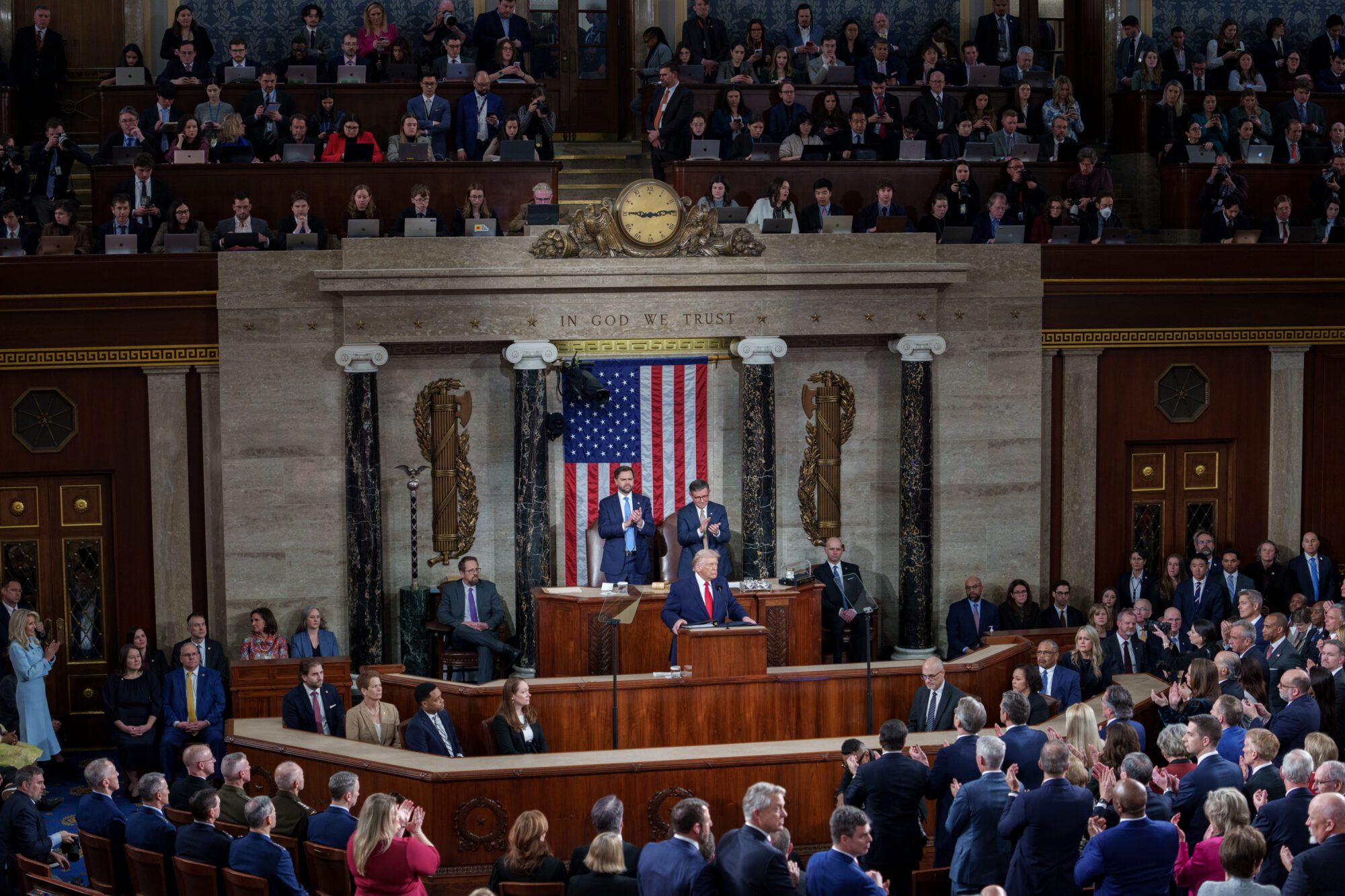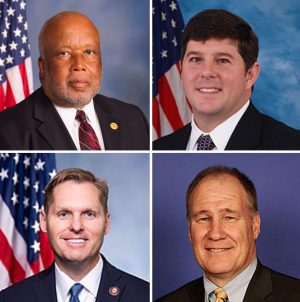
The U.S. House of Representatives voted Tuesday 335-78 to pass the National Defense Authorization Act despite the veto threat from President Donald Trump if the bill did not repeal Section 230 of the Communications Decency Act. That provision is a liability shield for internet platforms, such as Twitter and Facebook, that host third-party content.
The overwhelmingly margin to pass the NDAA is above the two-thirds majority needed to override a presidential veto should it come after the U.S. Senate takes the measure up in the days ahead.
All four of Mississippi’s Congressmen – three Republicans and one Democrat – voted in favor of the NDAA. They are Congressmen Trent Kelly (R – MS-01), Bennie Thompson (D – MS-02), Michael Guest (R – MS-03), and Steven Palazzo (R – MS-04).
Forty Republicans voted against the measure, as did 37 Democrats and the one Independent in the House.
A White House statement issued ahead of the vote urged action on Section 230.
“Despite bipartisan calls for addressing Section 230 of the Communications Decency Act, this bill fails to make any meaningful changes to that provision. Section 230 facilitates the spread of disinformation online and is a serious threat to our national security and election integrity. It should be repealed,” the statement said.
Included in the NDAA is a provision that would rename 10 military bases named for Confederate-era leaders. The bill reads, in part, “Not later than three years after the date of the enactment of this Act, the Secretary of Defense shall implement the plan submitted by the commission described in paragraph (b) and remove all names, symbols, displays, monuments, and paraphernalia that honor or commemorate the Confederate States of America (commonly referred to as the ‘‘Confederacy’’) or any person who served voluntarily with the Confederate States of America from all assets of the Department of Defense.”
President Trump has opposed this provision.
Also included in the NDAA are provisions that the White House said would make it more difficult for the President to withdraw troops from overseas and bring them home, one of Trump’s goals.
“Numerous provisions of this conference report directly contradict the Administration’s foreign policy, particularly the President’s efforts to bring our troops home. The President – and the American people – oppose endless wars. Over bipartisan objections, however, this bill purports to restrict the President’s ability to withdraw troops from Afghanistan, Germany, and South Korea,” the White House said.
President Trump urged House Republicans to not go along with the Democrat leadership in passing this version of the NDAA, yet it was to no avail.
“I hope House Republicans will vote against the very weak National Defense Authorization Act (NDAA), which I will VETO. Must include a termination of Section 230 (for National Security purposes), preserve our National Monuments, & allow for 5G & troop reductions in foreign lands!,” President Trump tweeted ahead of the House vote Tuesday.
I hope House Republicans will vote against the very weak National Defense Authorization Act (NDAA), which I will VETO. Must include a termination of Section 230 (for National Security purposes), preserve our National Monuments, & allow for 5G & troop reductions in foreign lands!
— Donald J. Trump (@realDonaldTrump) December 8, 2020
The NDAA as passed does have provisions of specific interest to service members as well as general national defense concerns. It also addresses a key metric related to the 186th Air Refueling Wing stationed in Meridian, Mississippi.
Some of those provisions include:
- The measure would increase basic pay for service members by 3%, effective on Jan. 1, 2021.
- The measure would increase certain hazard duty pay for service members to $275 a month, from $250.
- The measure prohibits funds from being used to reduce the number of KC–135 aircraft designated as primary mission aircraft inventory. This is crucial to the 186th ARW, which currently houses 8 PAI KC-135s. When the wing had the tankers restored, ANG provided feedback that 8 PAI would be the threshold for any future BRAC. It is crucial to protect the KC-135 platform for Air National Guard readiness as delays continue on the KC-46 rollout. Legacy tankers, including the ANG KC-135 are a main component of the US tanker fleet and military readiness as the military continues to operate in theaters around the world.
- The measure prohibits funds from being used to retire, divest, realign, place in storage or on BAI, or prepare to do any of the above, any RC-26B Aircraft. The measure also provides $18.5M for RC-26B Operations and Maintenance, and $13M for personnel support tied to the platform. The RC-26B is a mission set of the 186th ARW and provides crucial manned intelligence, surveillance, and reconnaissance support. This includes crucial mission sets for drug incursion along our Southwest border.
- Takes steps to address shell companies and money laundering, including requirements of listing true beneficiary owners. This is to combat organized crime, terrorist financing, and continued push to infiltrate the American economic system by our adversaries, such as China, International Terrorist Organizations, and cartels..
- The department would have to take actions to prevent Chinese acquisition of defense-sensitive U.S. intellectual property and technology by:
-
- Restricting current or former employees of the defense industrial base from working for Chinese-owned companies.
- Requiring universities to share information on department-funded research.
- Limiting funding to universities that have Confucius Institutes unless given a waiver.
- Requiring federal grant recipients to disclose external funding.
- The measure would bar the transfer of crime control equipment and munitions to the Hong Kong Police.
Congressman Guest’s office provided this further context on NDAA, and addressed the President’s concerns over Section 230.
“The NDAA contains many important provisions to help members of our military and their families,” Congressman Guest told Y’all Politics. “Our goal with this legislation was simple. We wanted to pass a bill that would provide our military personnel with the resources to perform their duties effectively and defend our nation. I believe this legislation accomplished that goal. President Trump has raised important concerns over Section 230 of the Communications Decency Act that should be addressed in a future piece of legislation.”
###
This story has been updated from its original format to include other information related to the NDAA.
